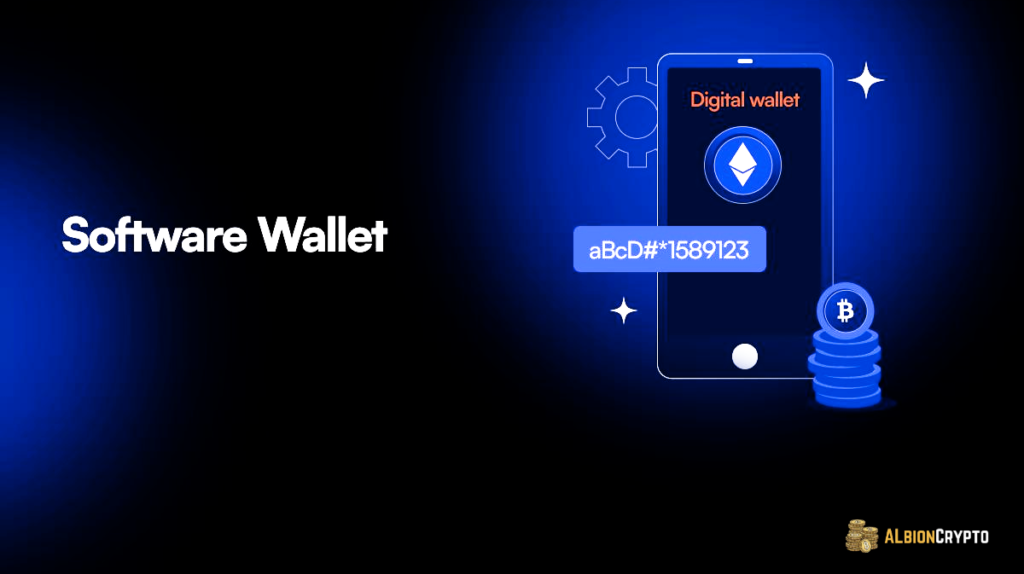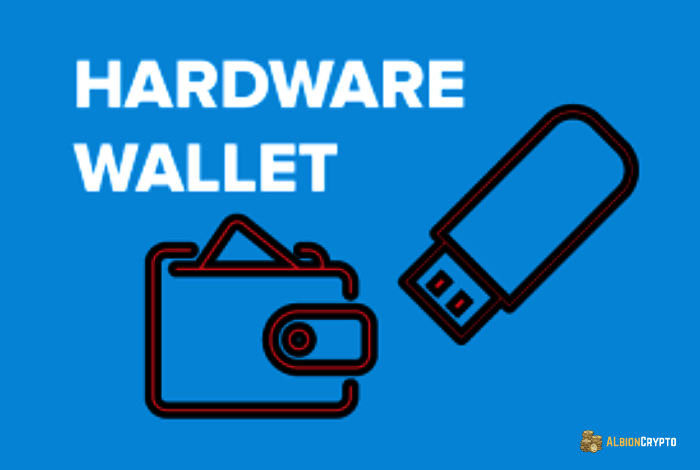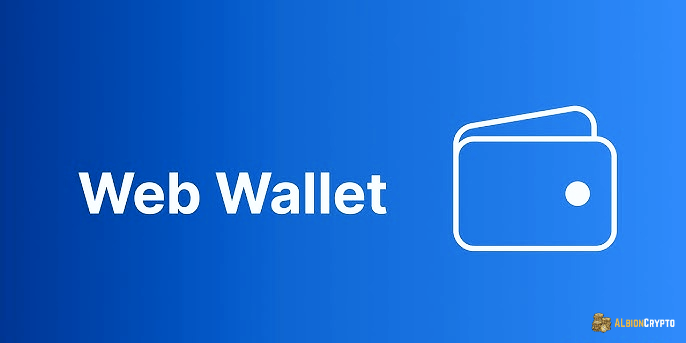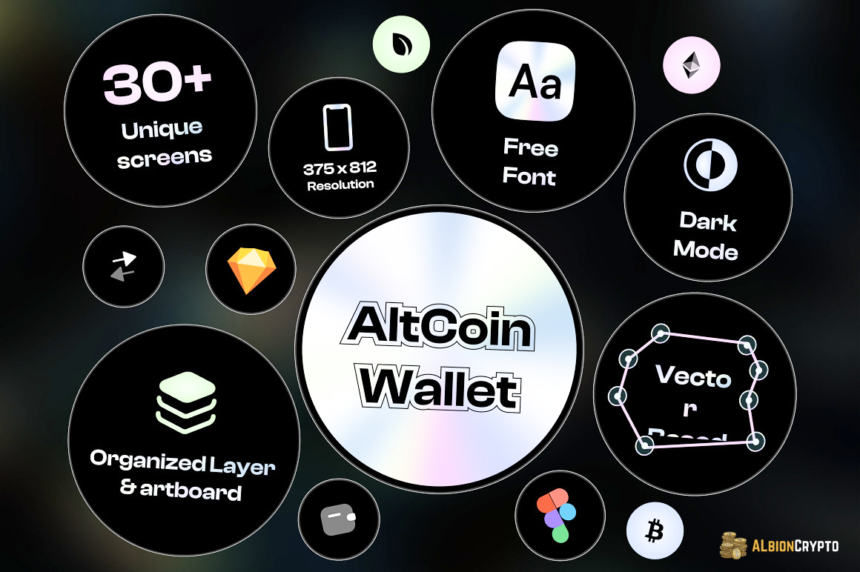Holding altcoins—crypto assets other than Bitcoin—has become a prevalent investment strategy in the swiftly evolving world of cryptocurrencies. Nevertheless, the security of the storage location for these altcoins is equally critical as the currencies themselves. Specialized digital wallets designed to store, transmit, and receive altcoins such as Ethereum, Litecoin, and hundreds of others are known as altcoin crypto wallets. This guide will provide a comprehensive examination of altcoin wallets, including their primary features, security considerations, and the process of selecting the most suitable wallet for your requirements.
What Is an Altcoin Crypto Wallet?

Users can access their altcoin holdings by storing their private keys in a secure digital instrument known as an altcoin crypto wallet. Think of it as a virtual vault for your cryptocurrency; however, it provides more than just storage; it also enables transactions, such as the sending and receiving of altcoins.
Although the primary function of an altcoin wallet is to guarantee the security of private keys, these wallets frequently include supplementary features that are specialized to the needs of crypto users. It is crucial to comprehend the complexities of altcoin wallets in order to effectively safeguard your digital assets, regardless of whether you are in possession of modest amounts or are constructing a diversified portfolio.
Why Altcoins Require Specialized Wallets
Altcoins function according to their distinctive blockchain protocols. Although some wallets are compatible with a variety of altcoins, others may only support a limited number, as each coin is constructed according to a distinct set of principles. Altcoin crypto wallets serve as a bridge between the two, enabling users to accumulate a variety of currencies in a single location.
Types of Altcoin Crypto Wallets
1. Software Wallets

Software wallets are the most commonly used altcoin wallets. They can be installed as applications on your desktop, mobile phone, or even accessed via a browser. These wallets are convenient and provide fast access to your altcoins, which makes them a favorite among active traders.
For example, if you’ve used altcoin wallet apps like Trust Wallet or Exodus, you’ll know they offer easy-to-navigate interfaces and quick transactions.
However, with convenience comes responsibility. Since software wallets are connected to the internet, they are susceptible to cyber-attacks if not properly secured.
2. Hardware Wallets

If you prioritize security over convenience, hardware wallets are the gold standard. These are physical devices, usually resembling USB sticks, that store your altcoin private keys offline. Because they are disconnected from the internet (cold storage), they offer robust protection against hacking attempts.
Examples of popular hardware wallets include Ledger and Trezor. While they are often more expensive, the peace of mind they provide is priceless, especially for users holding large amounts of altcoins.
3. Web Wallets

Web wallets are accessible via a browser, making them highly convenient for users who need quick access to their altcoins from any device. While web wallets offer ease of use, they are typically less secure than hardware or software wallets. If you’re using a web wallet, make sure to follow strict security practices such as enabling two-factor authentication (2FA) and using strong passwords.
Secure Altcoin Wallet: Best Practices
When it comes to securing your altcoins, taking precautions is crucial. Hacks and phishing attacks are unfortunately common in the crypto space. Below are some best practices to ensure your secure altcoin wallet remains safeguarded:
1. Use a Strong Password
When safeguarding your altcoin wallet, a straightforward password is inadequate. Ensure that you employ a lengthy, intricate password that incorporates a combination of symbols, numbers, and upper and lowercase characters. Furthermore, it is advisable to refrain from employing the same password on multiple platforms.
2. Enable Two-Factor Authentication (2FA)
2FA enhances security by necessitating not only your password but also an additional piece of information, such as a code sent to your phone, prior to granting access to your wallet. This feature is an absolute necessity for preventing unauthorized access, and it is available in the majority of altcoin wallet applications.
3. Regularly Update Your Wallet Software
Despite the fact that hackers are perpetually discovering new vulnerabilities to exploit, wallet providers consistently issue updates to address security vulnerabilities. Ensure that you are consistently employing the most recent version of your wallet software to ensure your security.
4. Backup Your Private Keys
The sole method of accessing your altcoins is through your private keys. If you misplace them, you forfeit your coins; there is no central authority to retrieve them on your behalf. Maintain your private keys in a secure, inactive location, such as a paper wallet or external hard drive. Regularly backup your keys.
Key Features to Look for in an Altcoin Wallet
When choosing an altcoin wallet, there are a few key features to consider to ensure it fits your needs. From security protocols to user experience, the right wallet can make all the difference.
1. Multi-Coin Support
If you intend to maintain a diverse array of altcoins, it is advisable to seek out a wallet that is compatible with multiple cryptocurrencies. Atomic Wallet and Coinomi are excellent examples of altcoin wallet applications that enable users to administer a variety of altcoins in a single location, thereby eliminating the necessity for multiple wallets.
2. User-Friendly Interface
A user-friendly interface is particularly important for those who are new to the crypto world. Wallets such as Trust Wallet provide straightforward and intuitive designs that facilitate the management of altcoins, even for those who are new to the process.
3. Security Protocols
Seek wallets that implement the most advanced security protocols. This encompasses encryption, two-factor authentication, and biometric registration (such as fingerprint or facial recognition). Combine these features with refrigerated storage options to achieve the highest level of security.
4. Backup and Restore Options
A reliable wallet will provide straightforward backup and restore capabilities, which will enable you to retrieve your funds in the event of a lost or stolen device. Additionally, certain wallets provide cloud backup services; however, it is crucial to verify that these services are sufficiently encrypted.
Real-Life Example: The Rise of Multi-Altcoin Wallets
The demand for wallets that can securely store altcoins is increasing as their prevalence continues to increase. Consider John, an investor who initially acquired modest quantities of Bitcoin but subsequently broadened his portfolio to encompass Ethereum, Cardano, and Polkadot. John selected a multi-coin wallet application such as Exodus rather than managing multiple wallets for each coin.
He appreciated the convenience of consolidating all of his altcoins in a single location; however, he soon recognized the hazards associated with storing them in an online, live wallet. In order to improve security, he began transferring his larger holdings to a hardware wallet, reserving his software wallet for smaller, daily transactions.
John’s experience underscores the necessity of not only convenience but also improved security when administering substantial crypto portfolios.
Counterarguments: Are Hardware Wallets Always the Best Option?
There are those who contend that hardware wallets are the optimal solution for storing altcoins. Although they provide exceptional protection, they may not be suitable for all individuals.
For example, a hardware wallet may prove to be burdensome if you frequently trade altcoins. It can be inconvenient and time-consuming to transfer currency from cold storage to a hot wallet for each transaction.
Furthermore, hardware wallets are susceptible to hazards. They are susceptible to theft, loss, or damage. Additionally, they necessitate that users maintain a high level of awareness regarding physical security, despite the fact that they provide effective protection against cyber-attacks.
The Future of Altcoin Wallets: Innovation on the Horizon
Wallet technologies are evolving in tandem with blockchain technology. The user experience is already being improved by AI-powered wallets, which automate specific functions and enhance security measures through machine learning. The demand for convenience, security, and multi-asset administration will continue to grow as more users transition to cryptocurrencies, and wallets will continue to evolve in conjunction.
Conclusion: Choosing the Right Altcoin Wallet
The selection of the appropriate altcoin crypto wallet is contingent upon your individual requirements, including your preference for security, convenience, or multi-asset support. You can protect your altcoins and fully capitalize on the intriguing digital asset space by comprehending the various wallet types, best security practices, and key features.
Take the time to investigate and select a wallet that aligns with your long-term objectives if you are new to crypto or planning to expand your altcoin portfolio. Managing your altcoins can be a straightforward, secure, and expedient process with the appropriate tools and knowledge.




